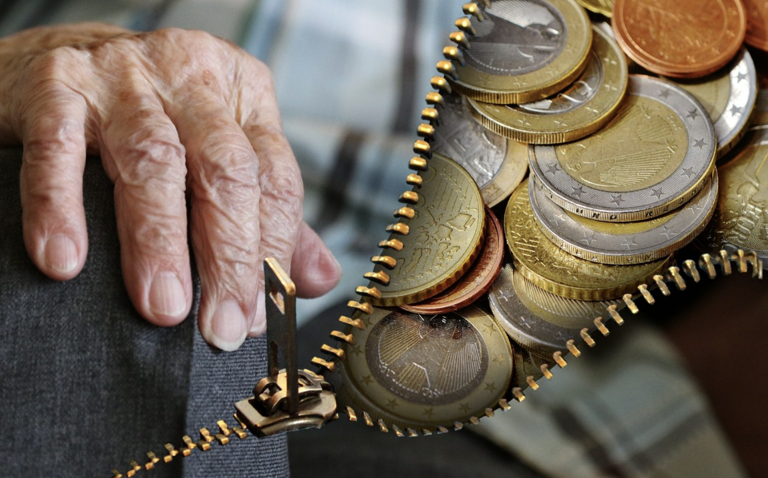It’s okay to say no – Don’t feel guilty if you’re not feeling up to celebrating. You may find it hard to continue with normal traditions, so let your family and friends know how you’d like to spend Christmas. It’s important not to put too much pressure on yourself.
Acknowledge your grief – You may want to hide how you’re really feeling and ignore your grief, but it’s important to express your emotions either in private or with friends and family. Everyone experiences grief differently, and it's a normal part of loss.
Don’t feel guilty – Remember that it’s okay to enjoy yourself. Grief isn’t linear and you’re entitled to enjoy the moments when grief eases. Even if these feelings of joy are brief, try to take each day and its feelings as they come.
Find ways to remember them – Everyone remembers their loved ones differently. It may help to speak about them, look at photos or reflect on memories to connect with each other over your loss.
Although these tips may not heal your grief, by taking each day as it comes, you will learn to understand how you’re feeling and how to deal with your loss in your own way. Be assured that things will get better.
How to support a grieving friend or family member
If a loved one is experiencing grief around Christmas, it’s important to be there for them even if you’re unsure of what to do or say.
Our own Product Manager Neil Thompson has worked as a volunteer at Cruse, the UK’s leading bereavement charity, and his suggestions for helping those in need of support are as follows:
-
Focus on listening to those experiencing grief and create a safe space for them to talk.
-
Be prepared for a degree of confusion or disorganisation in them – their mind is likely to be elsewhere.
-
Your role is not to make things better or to cheer someone up – just giving your time and being prepared to sit with them for a while may be all they need from you, especially if there’s tea and cake.
-
Be patient – try not to mentally prepare your answer or dive into the conversation. Pacing your answers is important.
-
Be mindful that all loss is different and whilst you may have experienced a loss yourself, it won’t be ‘the same.’ It’s better to say you have no idea how they must feel than to compare losses.
-
Share your memories of the person who has died – in time this may involve photographs or other tributes.
-
There’s no timeline to grieving – support months and even years down the line can be every bit as important.
Resources:
It’s important to recognise when you or someone you love may need further help and support. You’re not alone. If you’re suffering from prolonged grief, anxiety, or depression, contact your GP who will be able to help.
Support and information can be found at www.cruse.org.uk or www.thegoodgrieftrust.org. Specialist help can also be found at www.childbereavementuk.org or www.sands.org.uk
Age UK also has a number of helpful suggestions on the practical considerations following a death at www.ageuk.org.uk/information-advice/money-legal/legal-issues/what-to-do-when-someone-dies






















